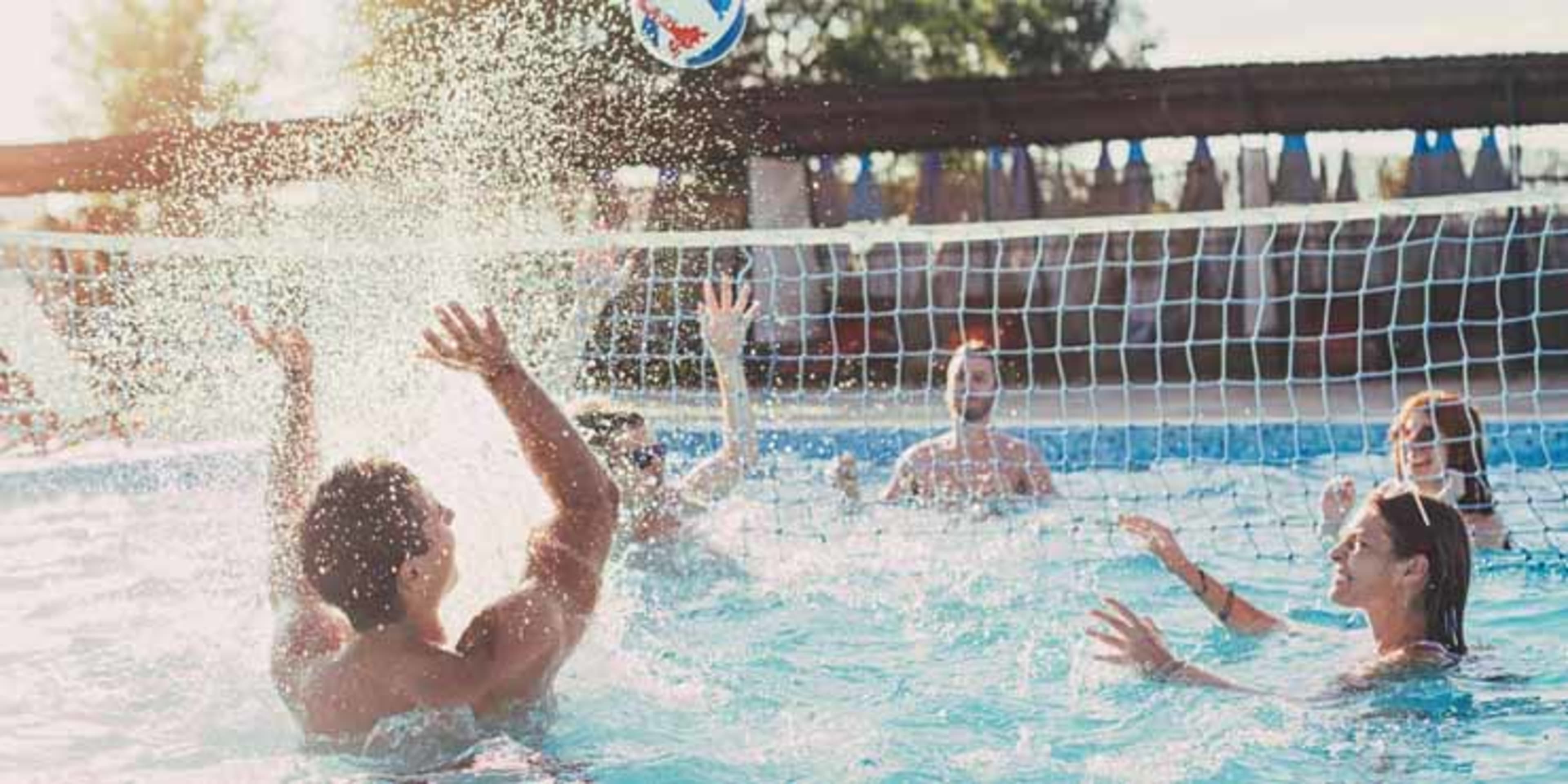
2024

Best Swimming Pool Contractors
Find a Top-Ranked Swimming Pool Contractor Near You
We did the research for you!
- Licensing
- User Reviews
- Mystery Shopping Calls
Learn about our selection process.
Top Swimming Pool Contractors
= Featured Provider
Los Angeles, CA
Zion Pools, Inc.
Glendora, CA 91740KC Pool, Inc.
Sherman Oaks, CA 91403Ventura Pool & Spa
La Crescenta, CA 91214
Dallas, TX
Artesian Custom Pools
Frisco, TX 75033Fortress Pools
Lucas, TX 75098Gold Medal Pools
Frisco, TX 75034
San Diego, CA
La Jolla Pools
San Diego, CA 92119So Cal Custom Pools & Spas
Carlsbad, CA 92008Del Rancho Pool & Spa
Encinitas, CA 92024
San Jose, CA
Pool Pros
14830 Watters Drive, San Jose, CA 95127Royal Pools
2258 Camden Avenue, San Jose, CA 95124Ernie's Pool & Spa
1153 Redmond Avenue, San Jose, CA 95120
Austin, TX
Master Pools of Austin
Austin, TX 78735Reliant Pools Inc
12343 Hymeadow Dr #3A, Austin, TX 78750Cascade Custom Pools
Austin, TX 78734
Charlotte, NC
Poolscapes of Charlotte
Charlotte, NC 28277Coogan's Design-Build
Pineville, NC 28134Ponders
Harrisburg, NC 28075
Miami, FL
DG Pool Supply
15484 Southwest 114th Street, Miami, FL 33196Captain Harry’s Hi-Tech Pools
Miami, FL 33176Rosmel Pools & Outdoor
DORAL, FL 33172
Orlando, FL
Pools Above Ground
390 North Orange Avenue, Orlando, FL 32801Pool Resurfacing Orlando
3674 Linden Avenue, Orlando, FL 32801Mid-Florida Pools
714 Franklin Lane, Orlando, FL 32801
Frisco, TX
Artesian Custom Pools
2770 Main St Suite 269, Frisco, TX 75033Medallion Construction Services
5000 West Eldorado Parkway, Frisco, TX 75033Hauk Custom Pools
1060 North Preston Road, Celina, TX 75009



























